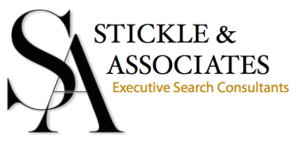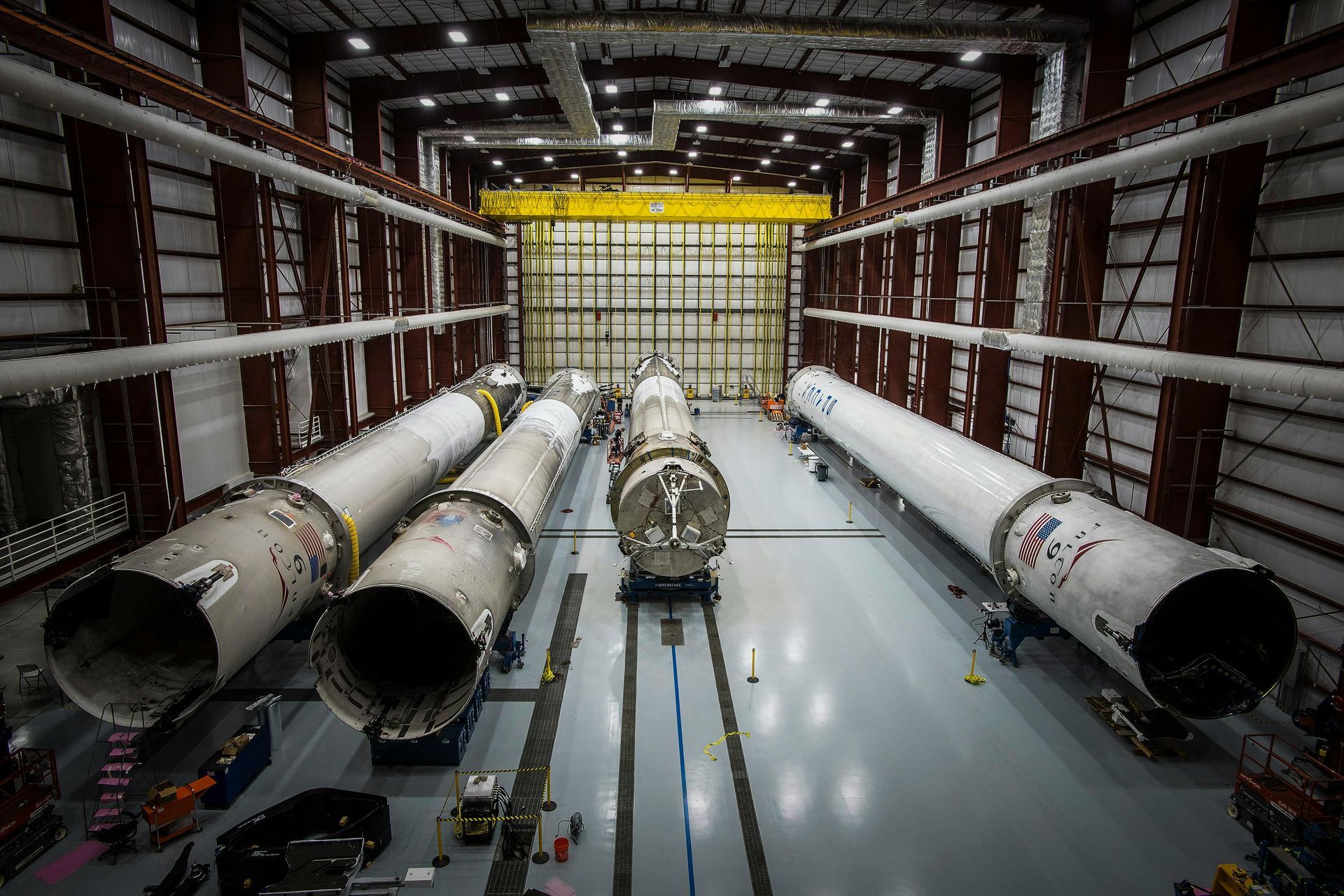The Future of Renewable Energy: Talent Trends in 2025
You’ll need to stay sharp with skills like solar tech, energy storage, and data analytics to thrive in renewable energy by 2025. AI will shake things up—automating tasks but also opening doors for creative thinkers like you. Teamwork across fields is key, so get comfy collaborating with diverse experts. Plus, keep learning and adapting because the green energy world moves fast. If you're curious about how these trends impact specific roles, explore the future of renewable energy recruiting. Want to see where your skills fit in? Check out the key industries we serve in this evolving space.
Key Takeaways
- Demand grows for expertise in solar technology, energy storage, and sustainable design to drive renewable energy innovation.
- AI integration reshapes roles, requiring adaptable workers skilled in creative problem-solving and tech collaboration.
- Cross-disciplinary teamwork combining diverse skills is essential for pioneering effective green technology solutions.
- Companies prioritize talent acquisition strategies emphasizing mission impact, flexible work, and employee engagement to retain top candidates.
- Continuous learning and experiential education are vital for developing relevant skills and supporting renewable energy goals.
Emerging Skill Sets Driving Renewable Energy Innovation
The renewable energy space is evolving fast, and with it comes a shift in the skills that matter most. Hands-on knowledge of solar technology and energy storage is becoming essential. These systems power the industry forward and serve as a strong foundation for any energy career.
But the work doesn’t stop there. Professionals in this field also need a strong understanding of sustainable design and environmental science. These help connect the technical side to real-world environmental impact. This kind of systems thinking ensures that every piece of the puzzle fits into a bigger, more sustainable solution. Policy is another important layer. As new regulations and incentives shape the industry, professionals with a grasp of policy innovation can help businesses stay compliant and competitive. Strong data analytics skills are also in high demand, helping teams make informed decisions and spot performance issues early.
The Impact of Artificial Intelligence on Workforce Demand
Artificial intelligence is reshaping how renewable energy teams operate. As automation takes on more repetitive tasks, some job roles are shifting or disappearing. But this transition isn’t just about replacement—it’s also about opportunity.
AI makes work more efficient. It processes data faster, helps manage infrastructure, and even predicts when equipment will need maintenance. This frees up human teams to take on more creative, strategic tasks. Those who stay open to change and willing to learn new tools will find new roles emerging around them. By embracing these changes, professionals become part of a workforce that’s more agile and resilient. AI doesn’t remove people from the picture—it changes what people do and how they add value.
Cross-Disciplinary Collaboration in Green Technology
Success in green technology depends on collaboration across disciplines. No one works in isolation anymore. Teams are made up of engineers, designers, data scientists, and environmental experts who bring different strengths to the table.
This mix of experience and background creates stronger, more creative problem-solving. It also encourages learning from one another and approaching challenges from multiple angles. These sustainable partnerships build stronger projects and stronger teams. Knowledge sharing leads to better outcomes and more innovation. It also brings people closer together. If you want to succeed in renewable energy, look for ways to connect your work with professionals in other areas.
Strategies for Attracting and Retaining Top Talent
Attracting top talent in renewable energy starts with a clear message. Companies that define their mission and show how each role contributes to clean energy goals draw in candidates who want their work to make a difference. It’s not just about filling positions—it’s about building a purpose-driven team. For more on how to stand out in the hiring landscape, explore strategies for attracting top talent in competitive industries.
Flexibility also plays a big part. Offering hybrid schedules or remote options shows that a company values its team’s well-being and work-life balance. People are more likely to stay when they feel supported and trusted. And for candidates looking to step into these meaningful roles, the opportunities are growing. If you’re exploring your next move in the energy sector, take a look at what’s available for candidates ready to lead the future. Attracting talent is one part of the equation. Creating space for growth, contribution, and shared purpose is what keeps the best people around.
The Role of Education and Continuous Learning
Even though the renewable energy field is always changing, you don’t have to feel left behind. Staying sharp means embracing education and continuous learning. With a sustainable curriculum, you’ll gain knowledge that sticks and directly supports green goals. Plus, experiential learning lets you immerse yourself in real-world projects, making skills click faster—kind of like learning to ride a bike by actually biking, not just reading about it.
Here’s a quick look at why this matters:
| Benefit | Description | Your Takeaway |
|---|---|---|
| Sustainable Curriculum | Focuses on lasting, eco-friendly skills | You keep up with future needs |
| Experiential Learning | Hands-on projects and practice | You build confidence and know-how |
| Continuous Growth | Never stop learning mindset | You stay valuable and relevant |
Diversity and Inclusion as Catalysts for Growth
Diversity and inclusion are essential for driving new ideas in renewable energy. When companies create space for different voices and backgrounds, they bring in fresh thinking that leads to better innovation.
Equity initiatives and inclusive hiring practices help build teams that reflect the communities they serve. When people see themselves represented at every level, from technical staff to leadership, they feel a stronger connection to the work. Efforts like accessibility programs, cultural awareness training, and mentorship for underrepresented groups make a big difference. They help create a work culture where everyone feels safe, respected, and ready to contribute. By investing in inclusive practices, organizations strengthen their teams, improve decision-making, and build deeper trust with the public.
Preparing for the Future: Workforce Planning and Development
A strong renewable energy workforce doesn’t happen by accident. It takes smart planning to build teams that can grow with the industry. That starts with workforce development—offering learning opportunities and upskilling programs that help employees prepare for what’s next.
Talent mobility also plays a key role. When people can move into new roles or departments, they stay motivated and bring their knowledge to different areas of the business. This adaptability keeps the entire team more responsive to change. It’s also important to help employees see their path forward. Career development plans and open conversations about growth help build a strong sense of purpose. When people feel they’re part of a long-term vision, they’re more likely to stick around and invest in the work. Workforce sustainability isn’t just about filling roles—it’s about creating a space where people want to build their careers.
Frequently Asked Questions
How Do Government Policies Affect Renewable Energy Job Growth?
You’ll see that policy incentives and supportive regulatory frameworks drive renewable energy job growth by attracting investment and encouraging innovation. They create opportunities where you and your community can thrive in a shared, sustainable future.
What Are the Salary Trends in Renewable Energy Sectors?
You’ll notice salary fluctuations in renewable energy, with average pay rising 7% annually. Compared to traditional sectors, your industry often offers more growth opportunities and competitive salaries, making you part of a dynamic, forward-thinking community.
How Is Remote Work Influencing Renewable Energy Careers?
You’re seeing remote collaboration boost teamwork and innovation, letting you connect globally. Virtual internships open doors for learning and belonging, so you can grow your renewable energy career without geographic limits.
What Are the Environmental Impacts of Renewable Energy Technologies?
You won’t believe how renewable energy slashes your carbon footprint, almost like magic! While it cuts emissions, you’ll want to watch out for resource depletion during production. Together, we can champion cleaner, greener solutions!
Which Countries Lead in Renewable Energy Talent Development?
You’ll find countries like Germany, China, and the US leading in renewable energy talent development. They’re building strong talent pipelines and launching education initiatives, so you can join a community working towards a sustainable future together.
Final Thoughts
Building a strong renewable energy workforce takes more than just passion—it takes planning, adaptability, and the right mix of people and skills. Like a well-tended garden, success comes from planting diverse talent, nurturing growth through ongoing learning, and encouraging open collaboration across disciplines. Stay curious, keep developing your skills, and surround yourself with a team that’s ready to meet the challenges of a fast-moving industry. The future of renewable energy is full of potential—and now’s the time to be part of it. Ready to build your next great hire or take the next step in your career?
Contact Stickle and Associates today to get started.






